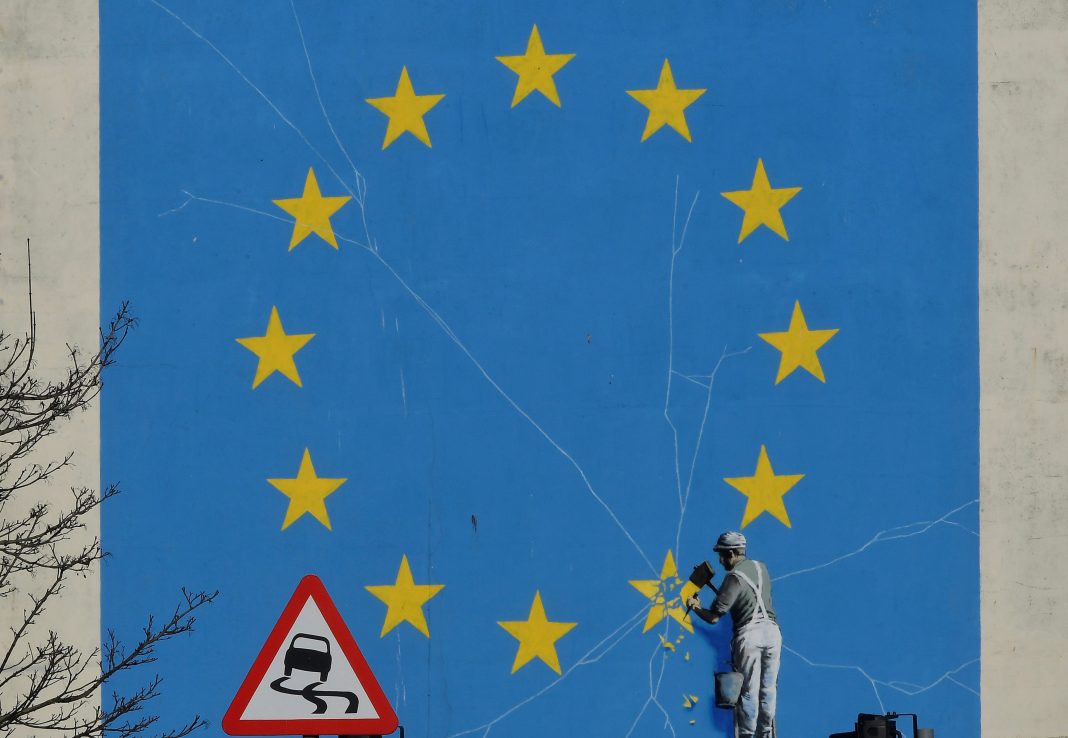-
The immigration crisis
EU countries are very different from each other in many aspects of their national power. For example, the economic power of countries like Latvia and Malta is not comparable to Britain as the ninth strongest economy in the world. EU laws on free labour migration among member states have led to a widespread labour migration from its weaker members to its stronger members. According to the Office for National Statistics, the number of migrant workers in the UK in 2015 grew six times more rapidly than the number of workers born in the UK and it now has more than five and a half million migrant workers. Many Britons believe that the law of the free movement of labour has made their country a place of employment for the citizens of weaker EU member states. Therefore, by leaving the EU, they seek to control their borders and reduce the flow of foreign labour, consequently increasing their own job opportunities.
-
The spread of terrorism in the EU
European Union member states are committed to the joint fight against terrorism and, to this end, the Council of Europe adopted the “EU counter-terrorism strategy” in 2005. The occurrence of several terrorist attacks in recent years in countries such as France and Belgium, Union citizens of Europe about its ability to provide security is doubtful. According to a European Parliament poll, 69% of Europeans believe that the EU’s actions in the fight against terrorism have been inadequate. Increasing terrorist attacks and the inability of the EU to combat its spread under its security policy have led to popular support for nationalist and far-right parties in the EU.
-
Identity challenges
According to EU law, countries must accept democracy, a market economy and EU laws in order to join the organisation. Eastern European countries, which were under communist rule for many years and joined the European Union after the collapse of the Soviet Union, differ from Western European countries in certain aspects. For example, the cultural differences between Eastern and Western Europe, such as Catholicism and Protestantism against Eastern Orthodoxy, are important identity features in continental Europe. Also, Eastern European countries have weaker democracies than those in the West. The people of the European Union lack self-awareness Most of them tend to identify themselves as German, French or Polish rather than EU citizens. Also, extensive migration to Europe in recent decades has led to multiculturalism in these societies. In addition, countries such as France and Germany are home to large populations of Romas, Muslims, Indians, and Chinese who, despite decades of living in these communities, still do not consider themselves European and adhere to their own culture. So, ethnic, racial, linguistic and cultural problems are some of the issues that can challenge the culture and identity of the EU.
As a result, Brexit showed that the wave of nationalism which has taken place in Europe in recent years is stronger than previously thought. American analyst, George Friedman, simulated the current trend in Europe to the “resurrection of European nationalism”. It seems that the withdrawal of the United Kingdom could be the beginning of a process that will cause tension in the EU.

